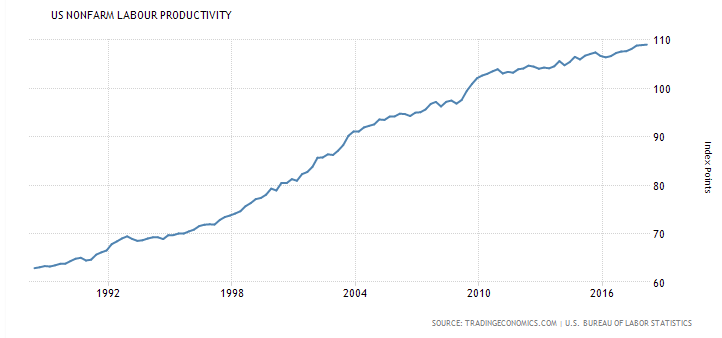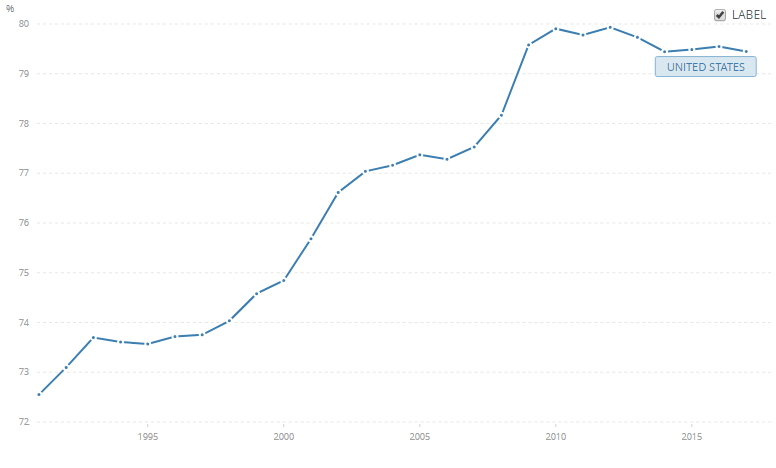Edward Luttwak published an essay in 1994, titled Why Facism is the Wave of the Future; he wrote in this essay:
Partly because with generational change even senior managers can now themselves work those machines if they want to, thereby allowing them to understand their uses, abuses and non-uses; partly because more junior managers are increasingly compelled to use those machines in place of clerical help and clerical companionship;
then
and partly because computer networks allow managers at the next level up literally to oversee, right on their own screens, the work that their underlings are doing or not doing, thereby giving it the same transparency as assembly-line work, with the same immediate visibility of inefficient procedures, inefficient habits and inefficient employees – for all these reasons the long-awaited, long-delayed increase in the efficiency of office-work has finally arrived, exposing hitherto more secure white-collar workers to the work-place dislocations, mass firings or at least diminishing employment prospects that have long been the lot of blue-collar industrial workers in mature economies.
I've heard the term 'precariat' banded about a bit in the UK for the past few years, which sort of tallies with this projection; but can firmer figures be put on this phenomenon?

